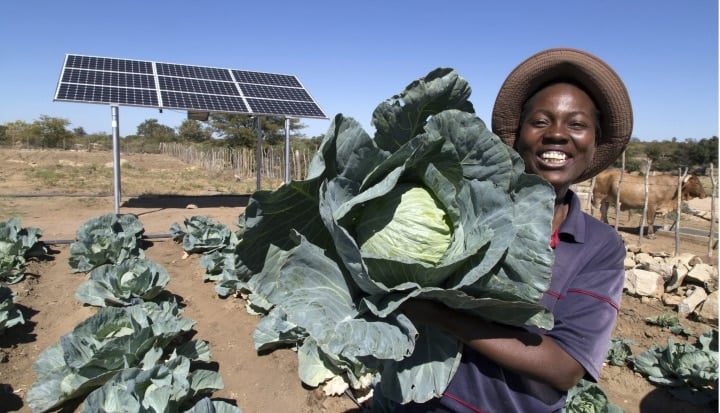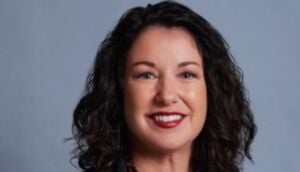Practical Action and the IKEA Foundation have launched a new partnership. Worth €6.4 million, the partnership will help rural people in Kenya earn a decent income from farming. Together, we want to break the cycle of poverty in rural communities.
In the Lake Victoria basin of Kenya, farming is the main source of income for communities. It contributes more to reducing poverty than any other sector. Yet many farmers are still living in poverty, and many go hungry. Rural communities are under pressure as agricultural production and the rural economy declines. This results in young people moving into towns to find non-agricultural ways to support themselves and their families. This migration is having a huge impact on the agricultural sector, national food security and rural economies in general.
A whole host of problems prevent small holder farmers from making a decent income. Some are technical issues, like soil degradation, the lack of quality seeds and the changing climate. Longer dry seasons and flooding are all contributing to a smaller harvest. Others are social or economic issues, like the inability for farmers to get a fair price for their produce. Or the cost or losses involved in getting produce to market due to bad roads, poor communication, and the lack of equipment for storing or processing goods.
These are just a few of the issues that small holder farmers face daily. It’s a common story. Today, half of the world’s small holder farmers go hungry. Given all these challenges, is there a way of making small farms work for some of the world’s poorest people?
Practical Action and the IKEA Foundation believe that small farms can provide good livelihoods and protect the environment. Agroecology is an approach to farming and food production that values people and planet, and can offer a profitable and sustainable alternative to intensive agriculture. It has the potential to transform the lives and livelihoods of small holder farmers across the world.
In the cloud forests of Peru and Bolivia, Practical Action has been using this approach to improve the quality and yield of coffee plantations. Manuel Silva Águila comes from a long line of coffee farmers and is dedicated to reviving coffee production. Manuel was trained by Practical Action in agro-ecological practices and now works to distribute this knowledge to local farmers.
He says, “I share what I’ve learnt with my parents, neighbours and every farmer I consult with. I provide advice on growing techniques such as composting, using natural fertilisers, and pruning. By improving production, they can have a more profitable farm. For me, it means I no longer need to look to the city for opportunities, but I can find them at home within my cooperative.”
Practical Action’s partnership with the IKEA Foundation will use similar technical and market based approaches.
The project will initially work with 6,000 young farmers in Kisumu and Homa Bay counties in Kenya. They will be trained in developing and running agribusinesses that contribute positively to sustainable agriculture. Beyond this, the partnership will work with local government and other stakeholders in agriculture in Homa Bay and Kisumu counties to create the conditions for agricultural enterprises to thrive. For example, we will work with local government to develop affordable credit facilities and to create fair markets for agroecological agribusiness ideas.
Our aim is to develop the learning and evidence needed to get others to support and invest in agro-ecological practices and markets that will drive a transformation in the rural economy. And to prove that small holder farming really can work for some of the world’s poorest people.
Get in touch with Chris Henderson (Senior Policy and Practice Agricultural Advisor, Practical Action) at Ch*************@pr*************.uk for more information.










